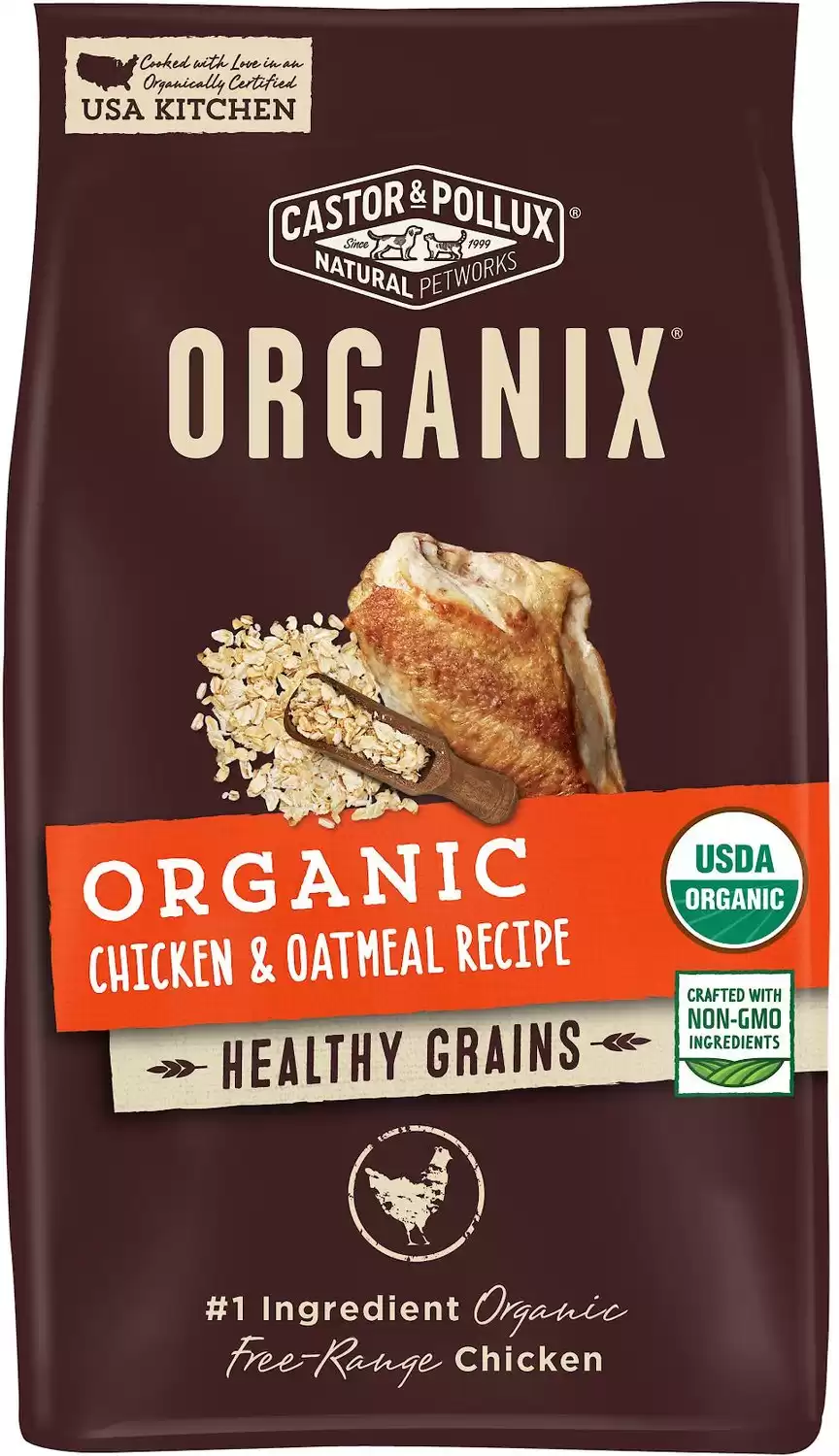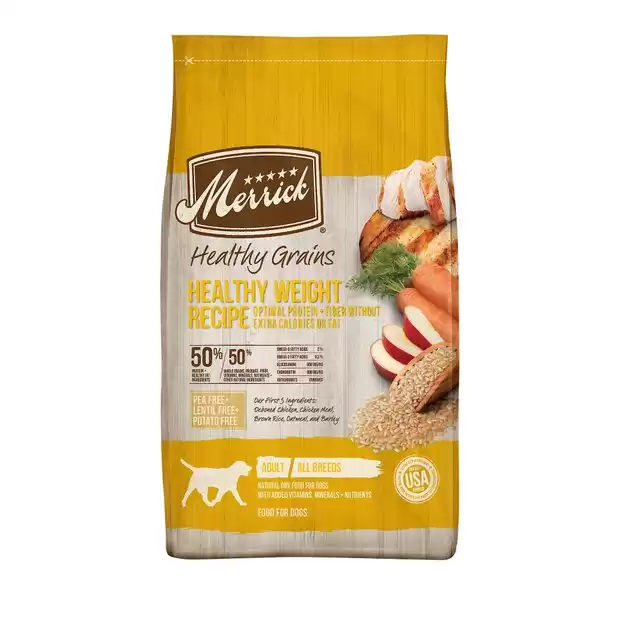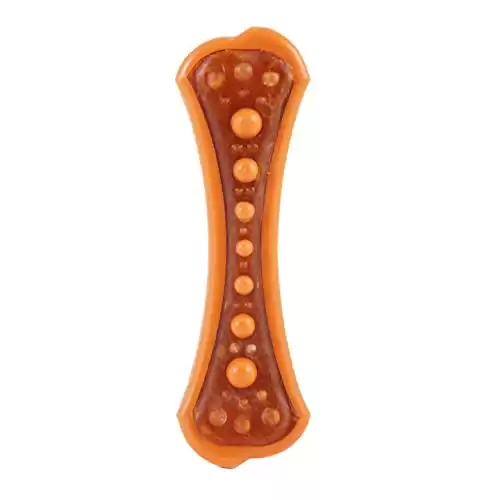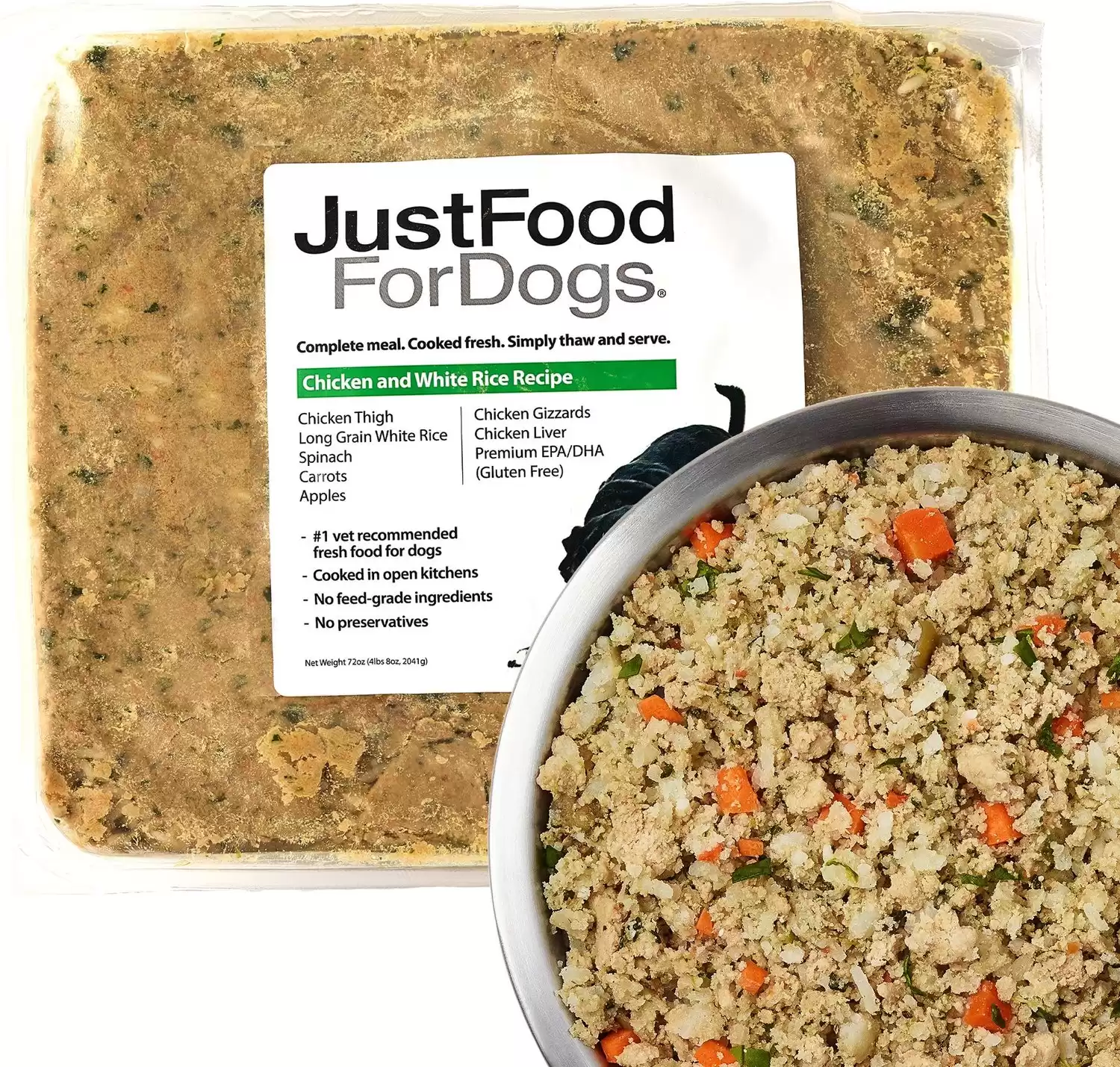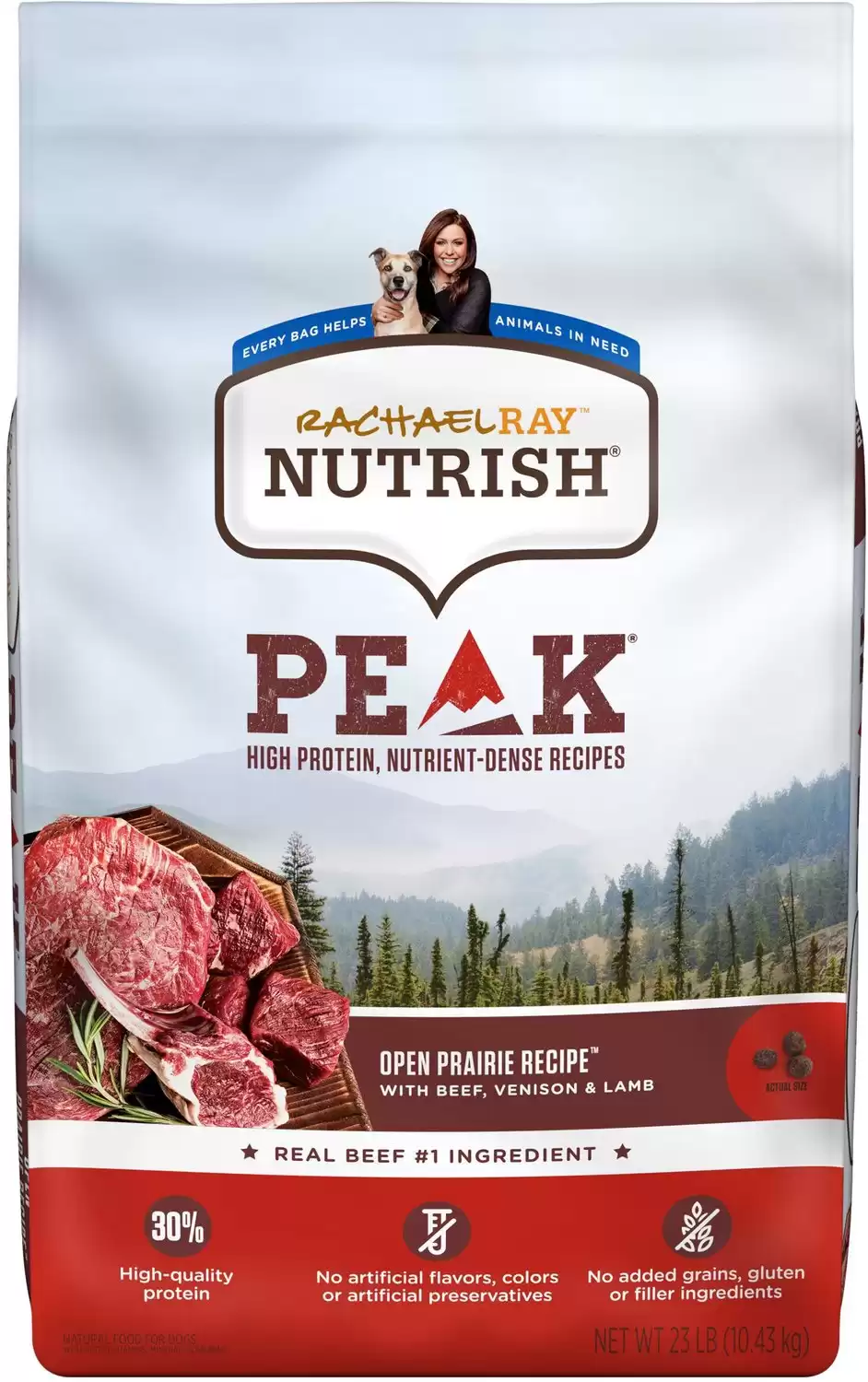Dog parents who ask, “Can dogs eat cooked ham?” often expect a definite yes as an answer. After all, dogs descended from carnivore ancestors, which means meat should be top of their menu. However, the answer to this question is a “conditional yes”: dogs can indeed eat ham. However, there are several important factors that you need to consider before feeding your dog a piece of ham as a treat. So while feeding your dog cooked ham might seem like a great idea, you should read this first before you make that decision.
Is Cooked Ham Safe for Dogs
So is cooked ham safe for dogs? Generally, the answer to that question is yes. Cooked ham is not toxic for dogs. However, it is also not the healthiest snack you can give your pooch. It should not cause any problems if served as an occasional treat in small amounts. However, how the ham is prepared and the quantity you give your dog will determine how much of a healthy treat it is.
If you will be serving ham to your dog, then it should not be cooked with garlic, cloves, onions, or any spices, as these are toxic to dogs. While these additional ingredients may not be problematic in small quantities, a large amount can be toxic to dogs because they contain the chemical eugenol, which may cause liver failure. Since the exact fatal dose of eugenol is unknown, it is best not to offer your dog food that contains these spices.
Why Giving Your Dog Ham Might Not Be a Good Idea
It Might Not Be a Good Protein Source
Many people think giving dogs ham is a good idea because it is a rich protein source. While this is true, the nature of protein contained in ham is a bit controversial. The protein contained in ham may not be the best type for your dog. Some experts believe that it is inferior to what is contained in other kinds of meat because it isn’t easily digested.
•Made with high-quality, organic proteins and produce
•Wholesome recipes
•No artificial ingredients, fillers, or GMOs
Contains Excessive Amounts of Sodium
Store-bought ham is not recommended for pets because of the high amount of sodium it contains. The preservatives used to extend the shelf-life of store-bought ham products are sodium-based, and this makes it even more toxic for dogs (and even humans). Consuming too much salt can lead to adverse side effects, including stomach upset, vomiting, diarrhea, lethargy, abnormal fluid accumulation, lethargy, etc. Long-term consumption of high-sodium food like this can cause serious renal problems or even death in the long run.
Excessive Fat
Sodium isn’t the only thing that is in excess in ham. Even in cooked ham, the fat content is higher than in other meat sources. While a certain amount of fat is great for dogs, the quantity of fats in ham is too high to be consumed too often. First, ham’s high-fat content makes it difficult to digest. Additionally, eating food that contains excess fat can increase the risk of obesity, diabetes, high blood pressure, and other related health issues.
•High-quality protein & real produce
•L-carnitine to promote metabolism
•Chondroitin & glucosamine for joint health
•Healthy grains or grain free options
Is It Safe to Give Dogs Ham Bones?
If there is one thing you shouldn’t feed your dog at all, it is cooked ham bones. Ham bones become soft when they’re cooked, making them splinter very easily when your dog tries to chew them. Bones that splinter easily like this can cause serious harm to your dog, including choking and damage to the mouth and even the internal organs if ingested.
Raw ham bone is just as problematic as it may contain harmful bacteria that can make your dog ill. If you want to get something for your pet to chew, you’re better off getting a ham-flavored chew toy bone. They’re formulated to be safe for pups to chew and play with.
- It's a chew toy and a treat
- Long-lasting chew
- Durable nylon shell with a bacon-flavored treat
- Not recommended for aggressive chewers
- Colors vary
How to Feed Ham to Your Dog Safely
Since ham isn’t exactly toxic, you may choose to feed it to your dog occasionally. If you decide to do this, there are a few things to keep in mind. The first thing to note is to cook plain low-sodium ham with no additives. Don’t give your dog ham that contains spices, seasonings, or one that has been glazed or honey baked. Your dog won’t mind the taste, and it’ll be safe as long as the ham is well-cooked
You should cut up the meat into smaller, bite-sized chunks instead of serving it to your dog in large chunks. Smaller pieces like this are less of a choking risk to dogs. You should also inspect the ham pieces for bones and remove any before serving them to your pooch.
•Frozen, preportioned meals
•Wholesome, fresh ingredients
•Various protein & carbohydrate options
•Vet recommended
Finally, watch the quantity of ham you serve to your dog. Experts recommend that treats should not make up more than 10% of your dog’s diet. Hence, the ham should only be given as an occasional treat and not as an everyday meal. It’s best to learn about the best foods to feed your dog first. Afterward, you can figure out how to add ham into the mix.
Before serving your dog any new treat, you should also consider its health. It’s best you speak to a veterinarian before introducing any new food to your dog, especially if it is already on a special diet. The vet will be able to recommend a healthy quantity to feed to your dog based on its current diet, medical condition, age, and other factors.
What to Do if Your Dog Eats Ham Accidentally?
There is really no cause for concern if your dog eats a small amount of ham on one occasion. All you should do is keep an eye out for any symptoms of gastrointestinal issues. Signs to watch out for include diarrhea, vomiting, constipation, and so on. Contact your vet if your dog shows any of these signs after eating. If your dog has an existing health condition or it consumed a large amount of ham, it is best to have it checked by a veterinarian as soon as possible.
•No artificial ingredients or fillers
•Grain free option
•Added vitamins & minerals
Conclusion
So, can dogs eat cooked ham? As you can see, the answer to that question isn’t always a straight no. A small piece of ham is most likely not going to cause any issues for your dog. Unless it has an underlying medical issue or there’s a risk of choking hazard, you have nothing to worry about. However, you should still talk to a vet before intentionally feeding ham to your dog as a treat. And if you get the all-clear to do so, make sure the meat is properly cooked, free from additives, and in moderate quantity.
The photo featured at the top of this post is © iStock.com/igorr1
Ready to discover the top 10 cutest dog breeds in the entire world?
How about the fastest dogs, the largest dogs and those that are -- quite frankly -- just the kindest dogs on the planet? Each day, AZ Animals sends out lists just like this to our thousands of email subscribers. And the best part? It's FREE. Join today by entering your email below.
Thank you for reading! Have some feedback for us? Contact the AZ Animals editorial team.




